Optimal Timing for Concrete Overlays
Concrete overlays are a popular solution for revitalizing existing surfaces, offering durability and aesthetic appeal. Timing plays a crucial role in the success of installation, impacting adhesion, curing, and longevity. Proper scheduling ensures optimal conditions for application, resulting in a longer-lasting and visually appealing finish.
Understanding the best time to perform concrete overlays involves considering weather patterns, temperature ranges, and surface conditions. Installing during ideal weather minimizes issues such as cracking, improper curing, or surface failure. Planning ahead and choosing the right season can significantly enhance the performance of the overlay.
Concrete overlays should be applied when temperatures are between 50°F and 85°F to ensure proper curing and adhesion.
Spring and early fall are generally preferred due to moderate temperatures and lower humidity levels.
Avoid installation during rain, extreme heat, or freezing conditions to prevent surface issues.
Timing should also consider surface cleaning and preparation, which are best done when weather conditions are stable.
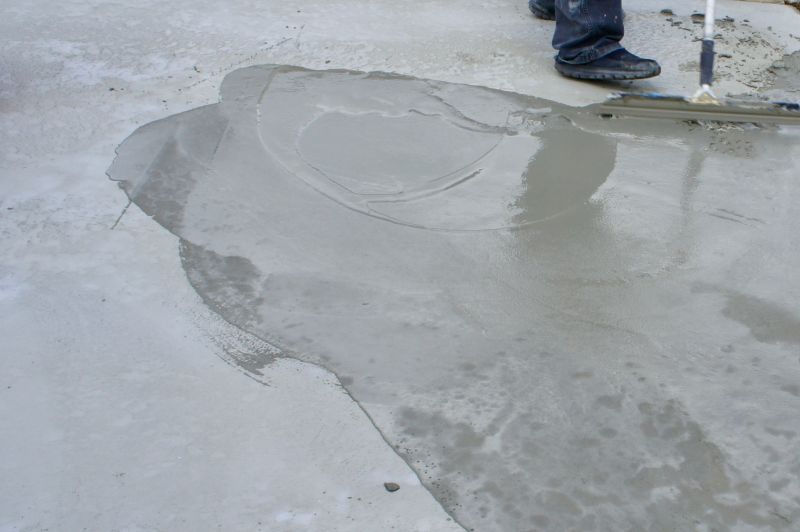
Image showcasing a professional overlay being applied during optimal weather conditions.
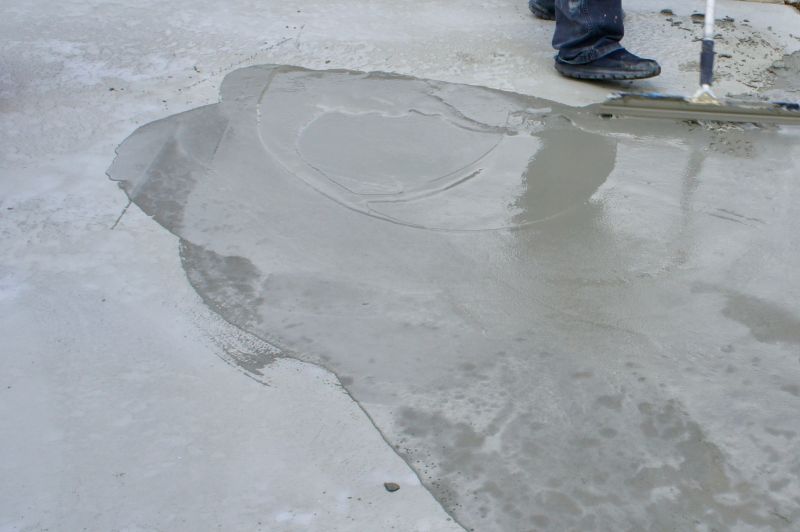
Image illustrating surface cleaning and prepping before overlay installation.
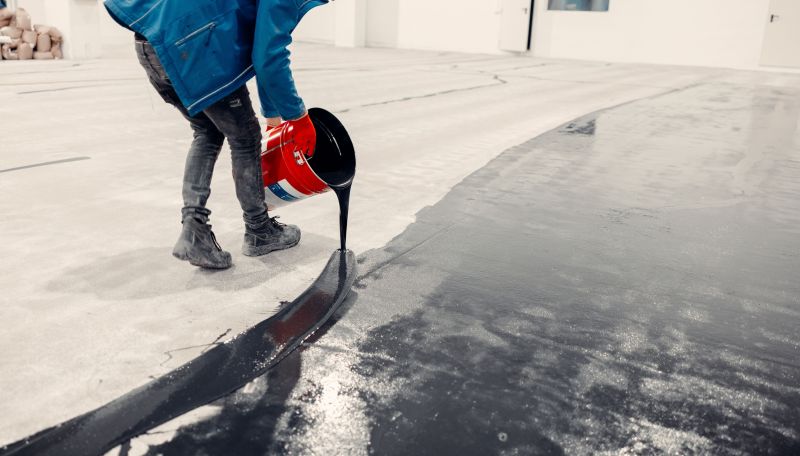
Image displaying a completed overlay with a smooth, durable finish.
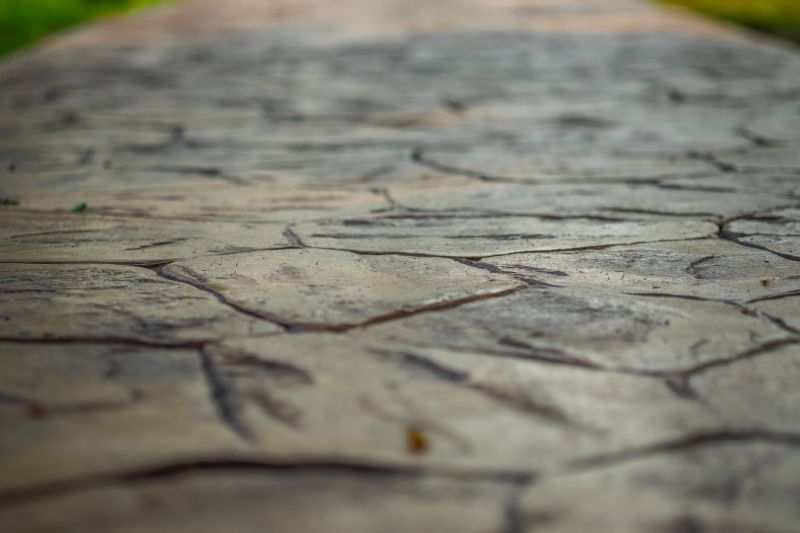
Ways to make Concrete Overlayses work in tight or awkward layouts.
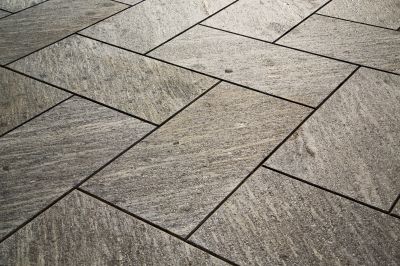
Popular materials for Concrete Overlayses and why they hold up over time.
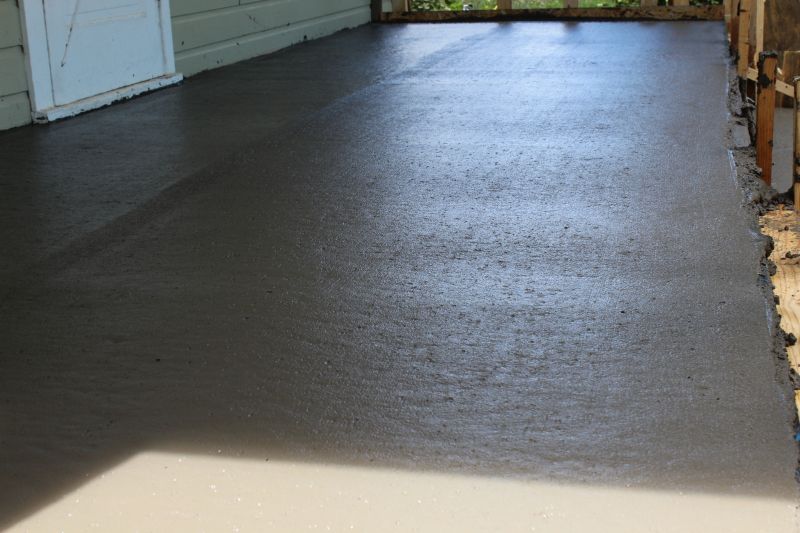
Simple add-ons that improve Concrete Overlayses without blowing the budget.
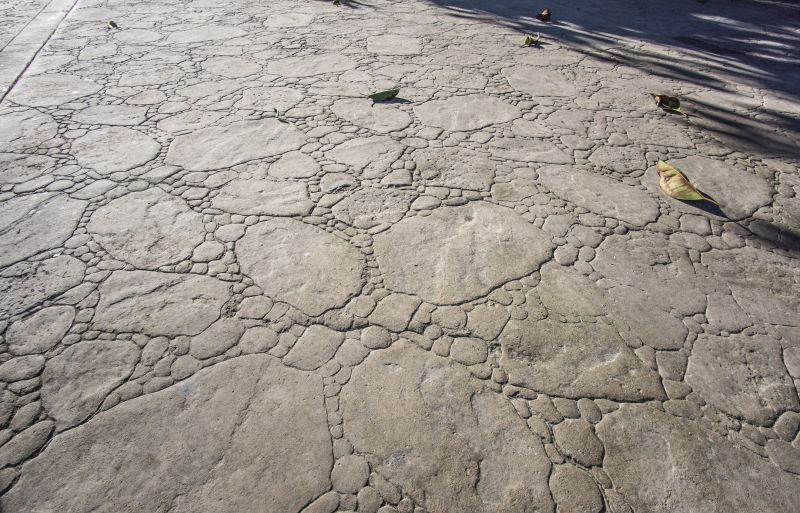
High-end options that actually feel worth it for Concrete Overlayses.
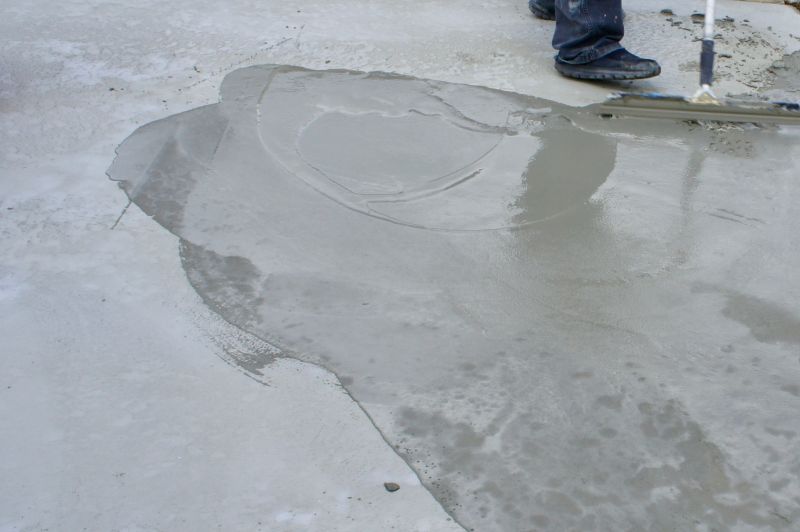
Finishes and colors that play nicely with Concrete Overlayses.
| Season | Temperature Range (°F) |
|---|---|
| Spring | 50-85 |
| Early Fall | 50-85 |
| Summer | Avoid during peak heat |
| Winter | Avoid during freezing temperatures |
Concrete overlays involve applying a thin layer of material over existing concrete surfaces to improve appearance and durability. They are widely used for driveways, patios, and walkways, providing a cost-effective alternative to full replacement. The success of an overlay depends on proper surface preparation, material selection, and timing of application. When executed under optimal conditions, overlays can extend the surface lifespan significantly, with some lasting over a decade with proper maintenance.
Statistics show that installations performed during ideal weather conditions have a lower incidence of cracking and surface failure. Proper timing reduces the need for repairs and enhances aesthetic appeal. Planning installations during moderate seasons minimizes issues caused by temperature fluctuations and moisture, ensuring a durable and attractive finish.
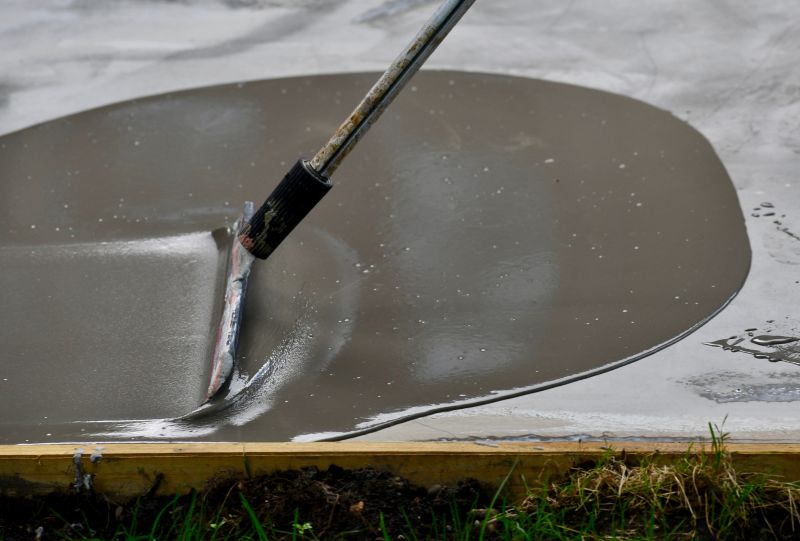
Image of overlay application during suitable weather conditions.
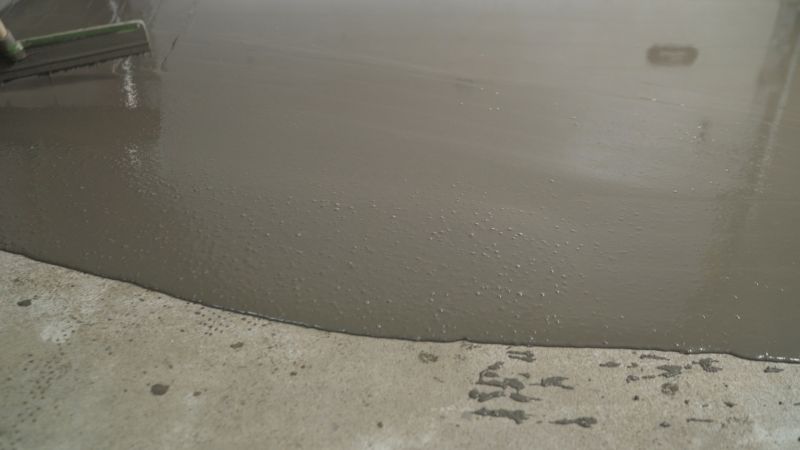
Close-up of surface cleaning and prepping for overlay.
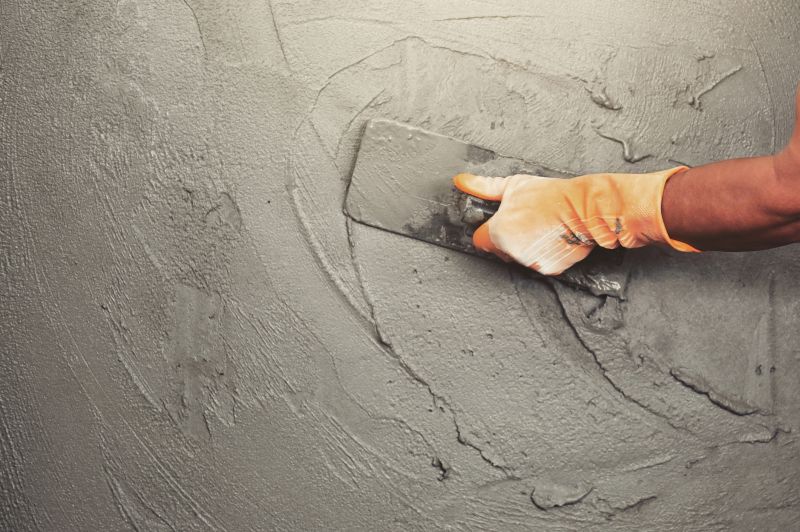
Showcasing a smooth, finished overlay after curing.
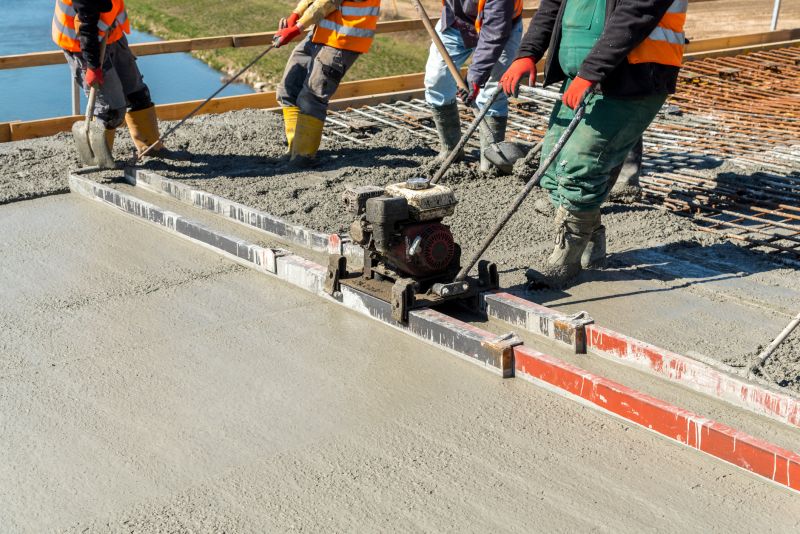
Image indicating weather checks before installation.
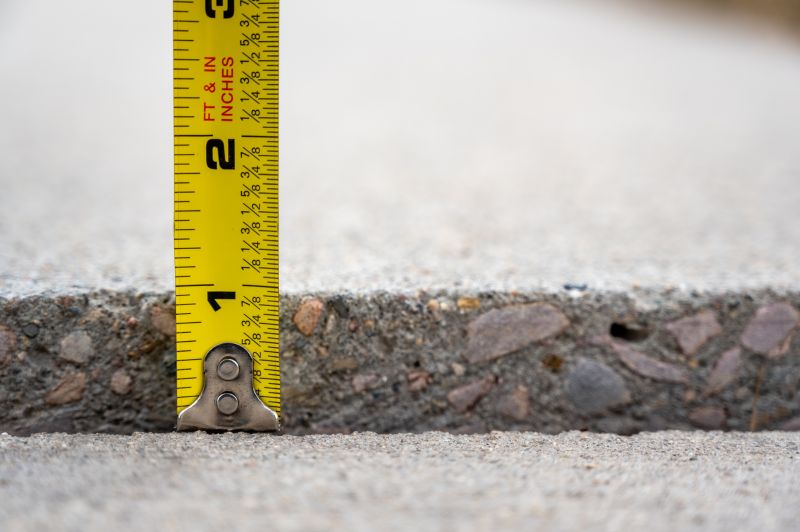
Little measurements that prevent headaches on Concrete Overlayses day.
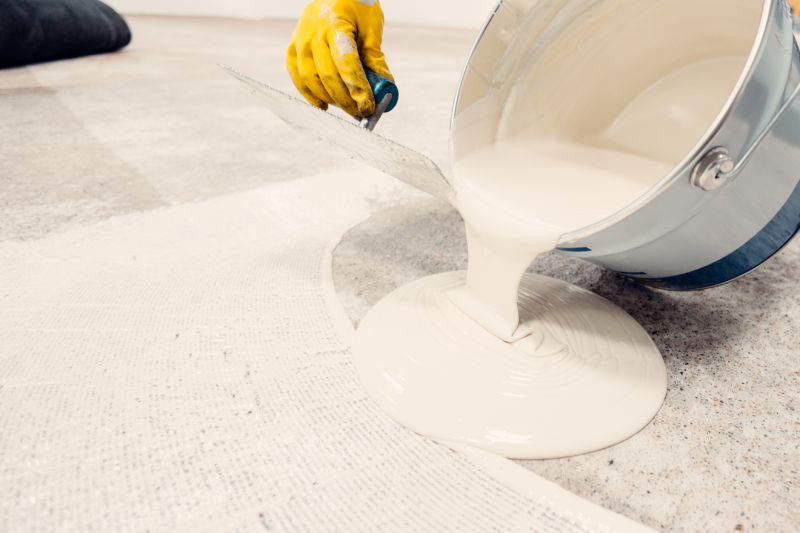
A 60-second routine that keeps Concrete Overlayses looking new.
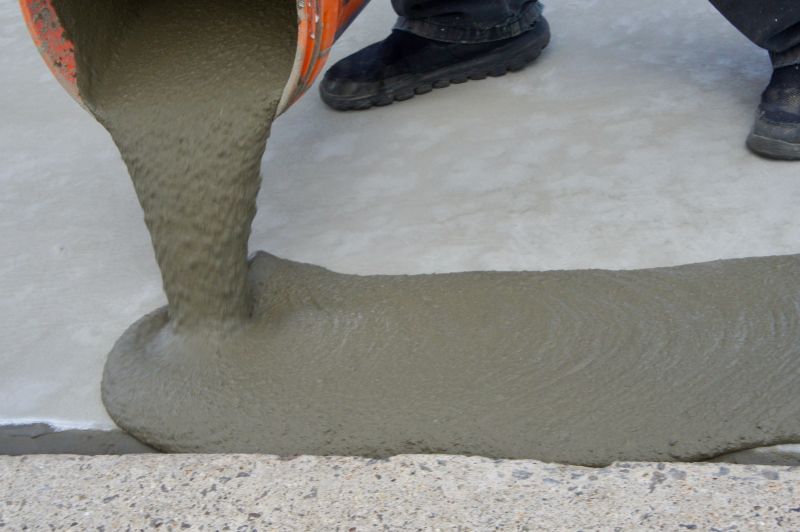
A frequent mistake in Concrete Overlayses and how to dodge it.
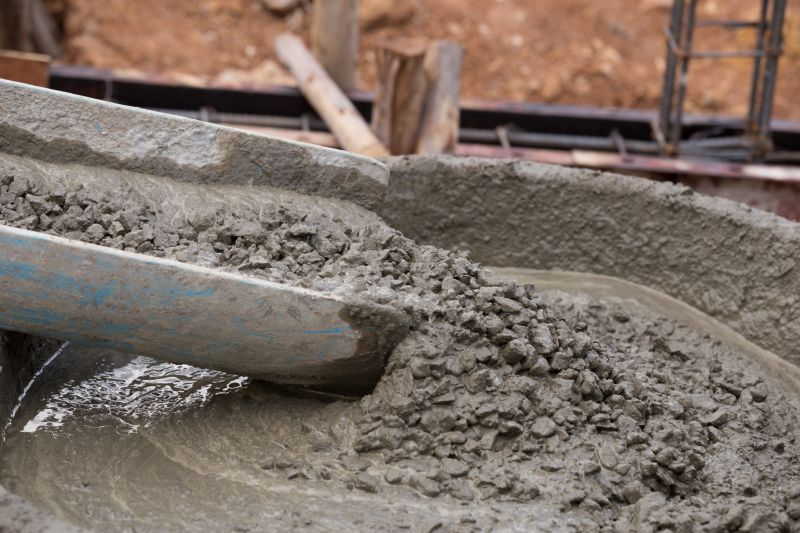
Small tweaks to make Concrete Overlayses safer and easier to use.
Interested parties are encouraged to contact for further details or to schedule an installation. Proper timing and preparation are essential for achieving the best results with concrete overlays, ensuring long-term durability and aesthetic appeal.



